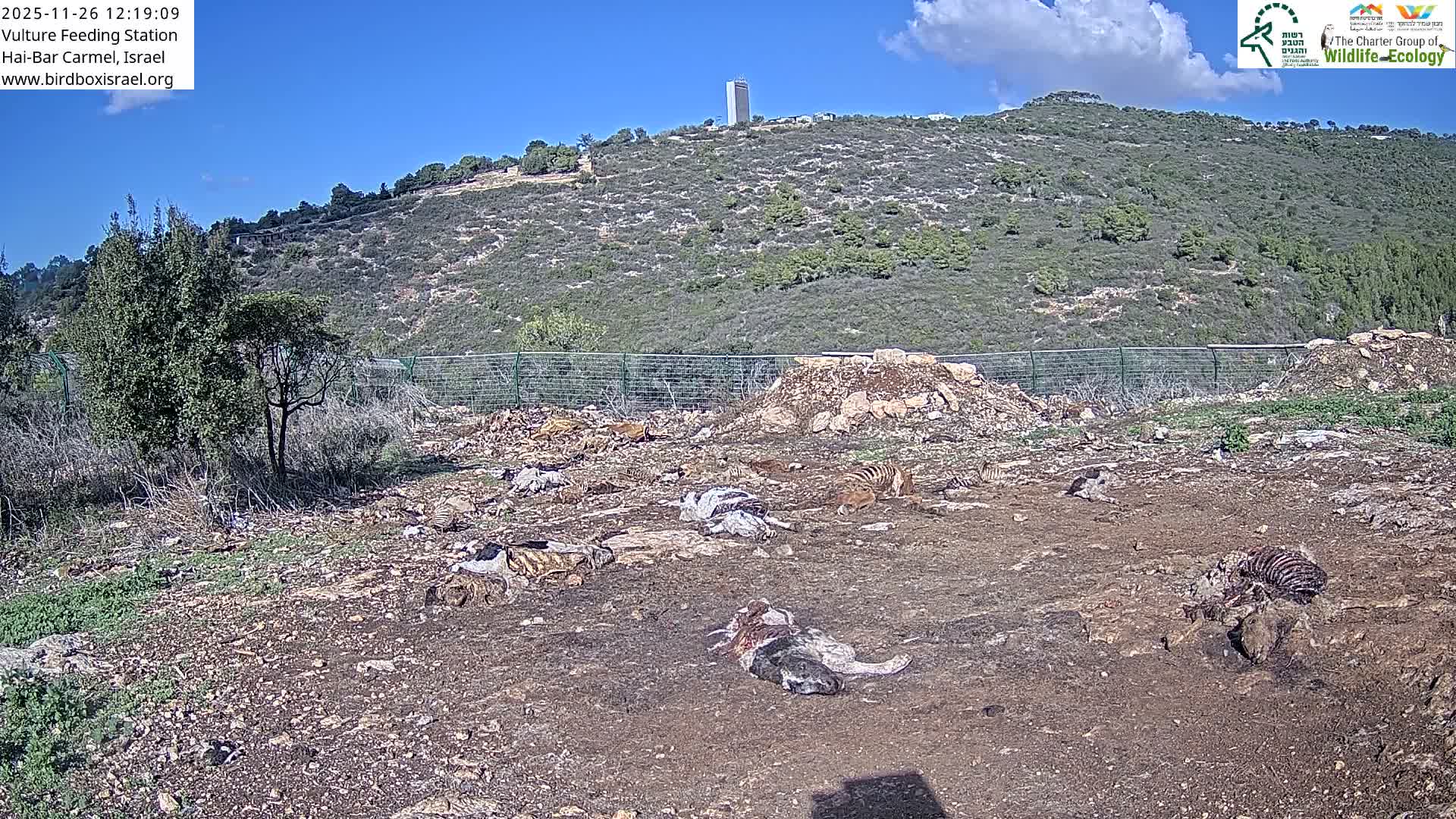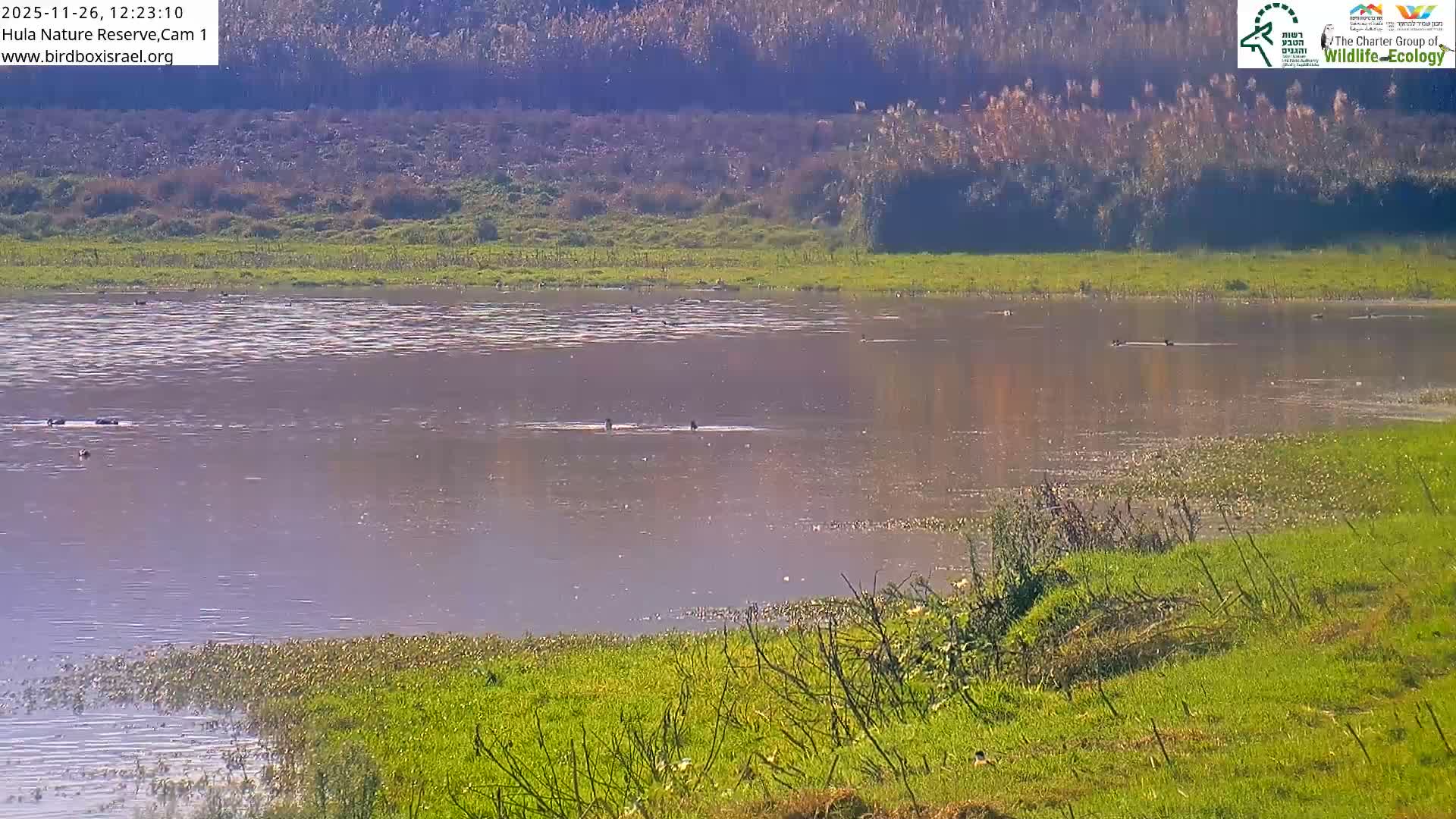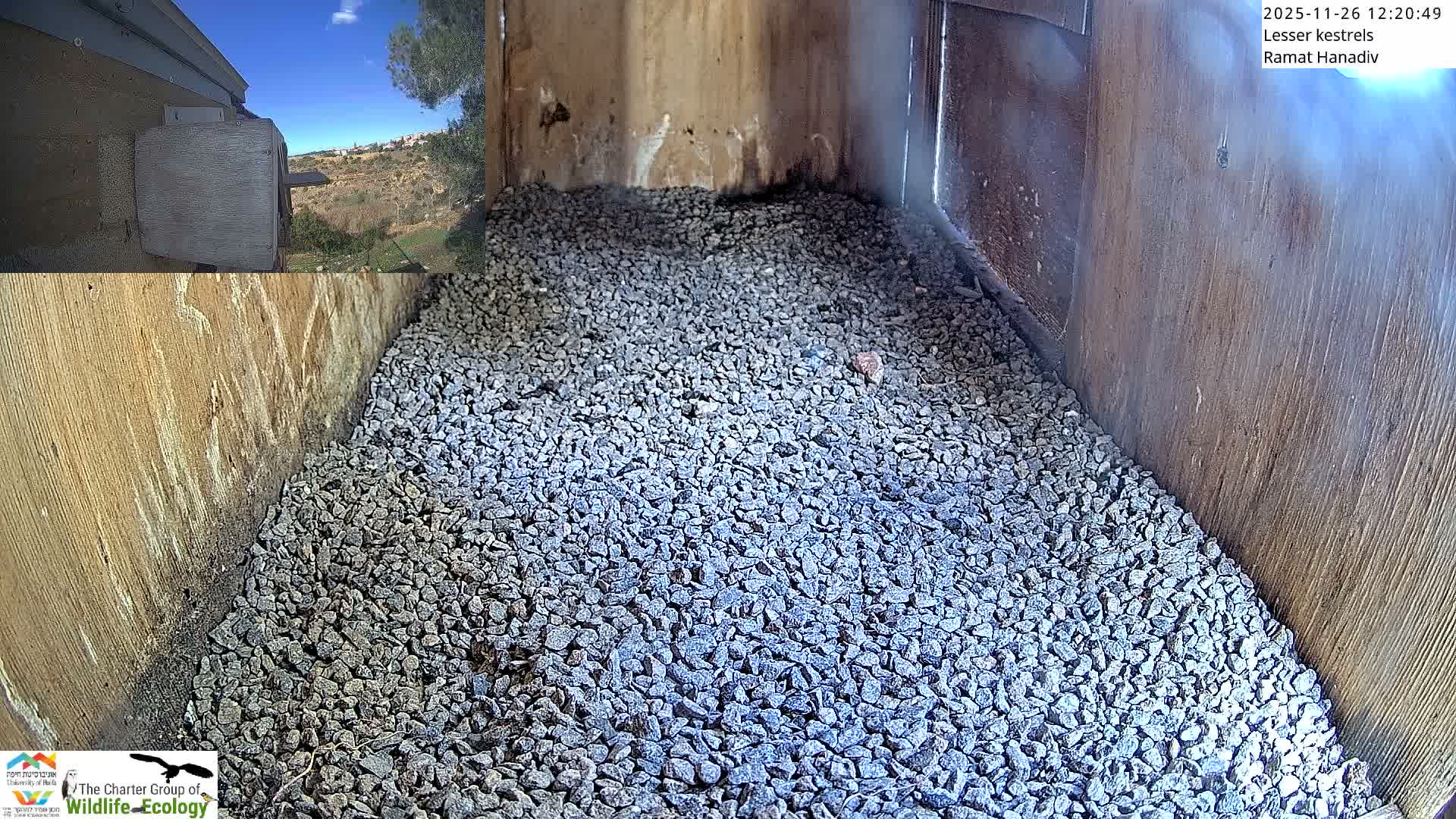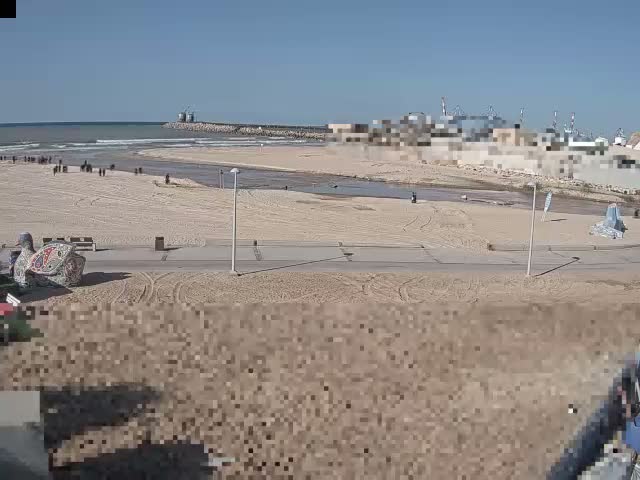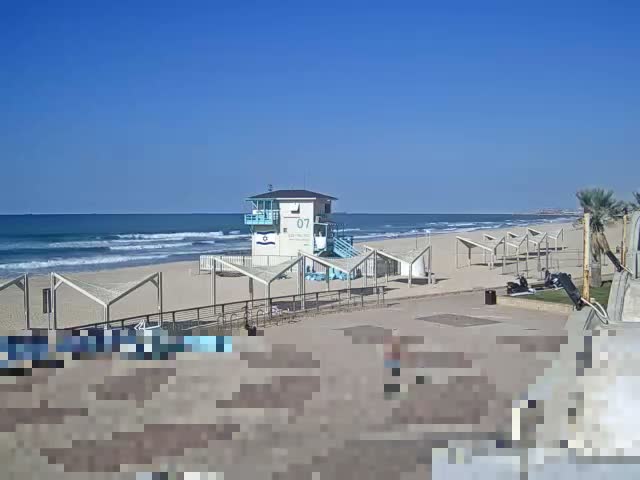Israel Violates Gaza Ceasefire: Deadly Attacks Continue in Gaza, West Bank, & Lebanon Amid Rising Casualties & Unrest
 Israel
Middle East Conflict
Israel
Middle East Conflict
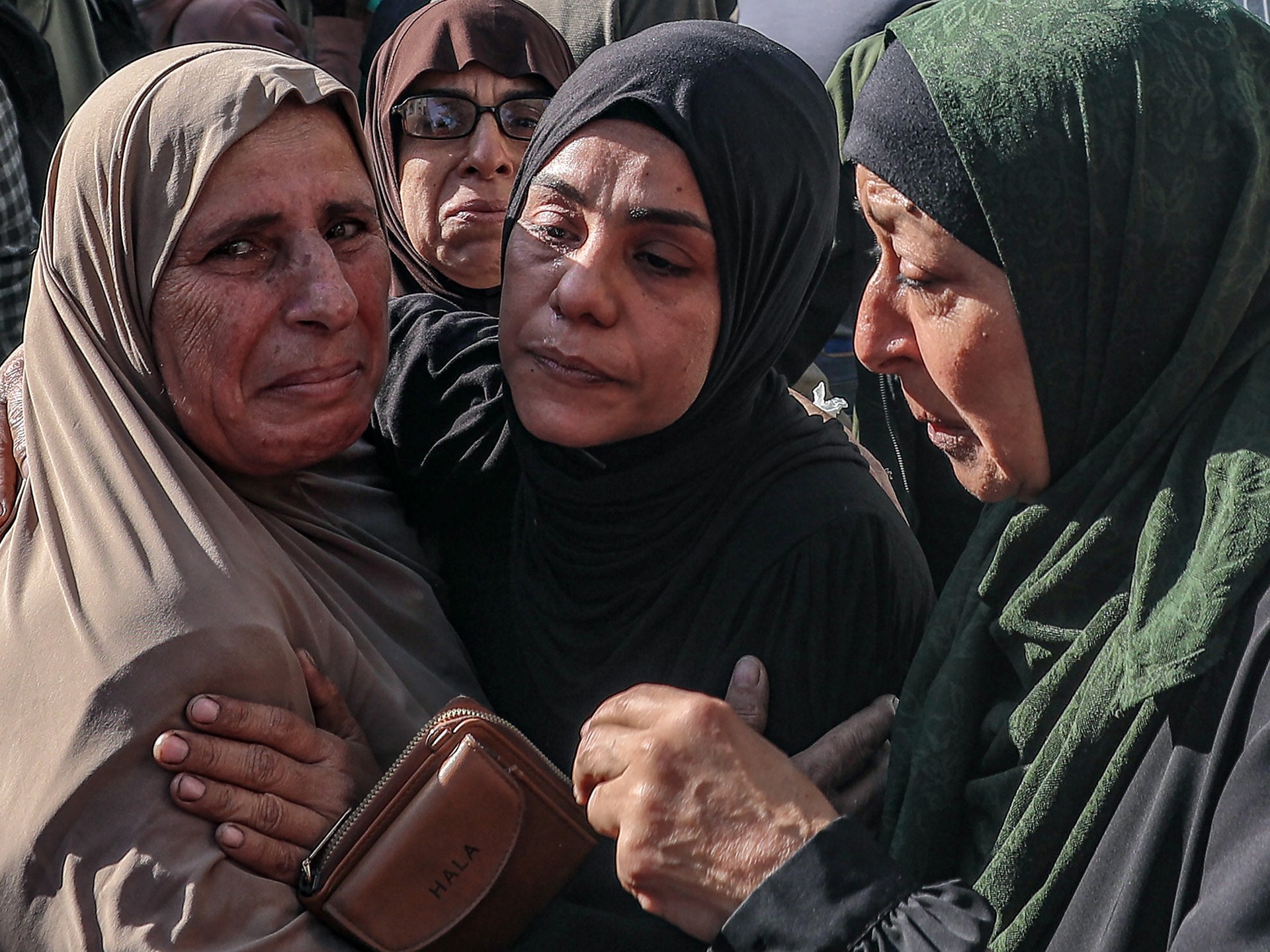
Despite a six-week Gaza ceasefire, Israeli forces killed four Palestinians, wounded others, and continued widespread attacks. Bodies were recovered, and arrests
Fragile Truce Shattered: Israeli Actions Continue Across Gaza, West Bank, and Lebanon
Despite a six-week ceasefire agreement, the volatile situation in the Middle East has seen renewed violence, with Israeli forces reportedly killing at least four Palestinians and injuring several others across Gaza. This escalation occurred even as a Palestinian armed group announced the recovery of another captive's body in the war-torn territory. The broader region, including the occupied West Bank and parts of Lebanon, also experienced heightened tensions and deadly incidents.
Deadly Incidents in Gaza Continue
Monday's events in Gaza included a drone strike in Bani Suheila, southern Gaza, beyond the "yellow line" – an area under Israeli control – which claimed the life of a Palestinian man. Separately, in northern Gaza City, a Palestinian child died, and several others were critically wounded when unexploded ordnance left by Israeli forces detonated.
Al Jazeera's Tareq Abu Azzoum reported ongoing Israeli attacks throughout the day, featuring artillery fire, air raids, and helicopter strikes across both northern and southern Gaza. Beit Lahiya was hit outside the yellow line, while tanks and helicopters targeted areas northeast of Rafah and the outskirts of Khan Younis. Abu Azzoum highlighted extensive destruction in Gaza’s eastern neighborhoods, describing it as a "systematic attempt to destroy Gaza’s neighbourhoods and create buffer zones, making these areas completely uninhabitable." Families' testimonies support concerns that these actions are hindering any potential return.
Civil defense teams in central Gaza, aided by police and the Red Cross, uncovered the remains of eight members of a single family from their demolished home in the Maghazi camp, a site previously targeted by an Israeli attack. The Gaza Government Media Office reported that 582 bodies have been retrieved since the ceasefire began, with over 9,500 Palestinians still missing under the ruins of bombed districts.
Captive Body Recovered Amidst Exchange Deal Complexities
The Palestinian Islamic Jihad, an armed group allied with Hamas, confirmed the recovery of an Israeli captive's body in Nuseirat camp, central Gaza. If identified, this recovery brings the total to two captives yet to be found under the initial phase of the Gaza ceasefire deal, which stipulates Israel returning 15 Palestinian bodies for each captive's body. Hamas has previously stated that widespread destruction complicates efforts to locate remaining bodies.
In a related development, the GHF, a US-backed entity that operated outside UN aid structures, ceased its operations in Gaza on Monday, citing provisions from the October ceasefire. Experts note that at least 859 Palestinians died near GHF distribution points since May 2025, often due to Israeli forces and foreign contractors opening fire on desperate crowds, drawing significant criticism for bypassing established humanitarian channels.
Escalation in the Occupied West Bank
Israeli forces intensified raids across the occupied West Bank overnight, leading to the arrest of at least 16 Palestinians. Arrests were reported in locations including Iktaba near Tulkarem, Tuqu southeast of Bethlehem, Kobar near Ramallah, Silat al-Harithiya west of Jenin, and Tubas and surrounding areas.
On Sunday night, a 20-year-old law student, Baraa Khairi Ali Maali, was fatally shot in Deir Jarir, north of Ramallah, following clashes sparked by Israeli settlers attacking Palestinian homes. Local council head Fathi Hamdan stated that Israeli troops entered the village to protect settlers and subsequently opened fire on Palestinians. Maali died from a chest wound, marking another fatality after a similar incident last month.
Further incidents included Israeli soldiers injuring two Palestinian women and detaining two brothers in Kafr Qaddum, east of Qalqilya. Settler violence persisted, with agricultural land torched between Atara and Birzeit, north of Ramallah, destroying farmland, and olive trees burned, and equipment stolen from a new outpost in Atara. Since October 7, 2023, settler violence has surged, resulting in at least 1,081 Palestinian deaths, including 223 children, over 10,614 wounded, and more than 20,500 arrested in the West Bank.
Lebanon on Edge After Hezbollah Commander's Assassination
In Lebanon, Hezbollah held a funeral for senior commander Haytham Ali Tabatabai in Beirut's southern suburbs, who was assassinated by Israel on Sunday. The group has yet to announce its retaliation.
Mahmoud Qmati, vice president of Hezbollah’s Political Council, condemned the killing as "yet another ceasefire violation," accusing Israel of escalating the conflict with US backing. Security analyst Ali Rizk suggested Hezbollah is carefully weighing options to avoid a full-scale war, which he said could be far more devastating. Geopolitical analyst Joe Macaron noted the US is seemingly no longer restraining Israel, instead supporting its operations across the region.
Al Jazeera's Zeina Khodr reported from Beirut on Hezbollah's strategic dilemma: retaliate and risk a massive Israeli assault, or refrain and potentially undermine its deterrence. Imad Salamey of the Lebanese American University added that Israel's right-wing government appears "eager to escalate" to remain in power, suggesting Hezbollah's deterrence capacity has been "severely damaged" and its logistical support routes via Syria compromised.
